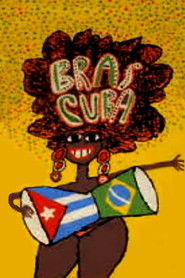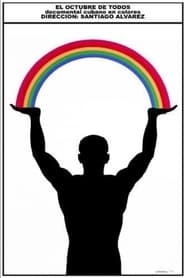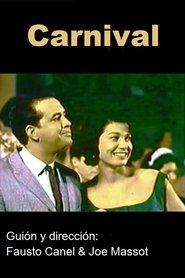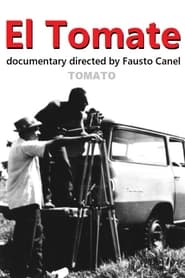detail profile santiago c3 81lvarez
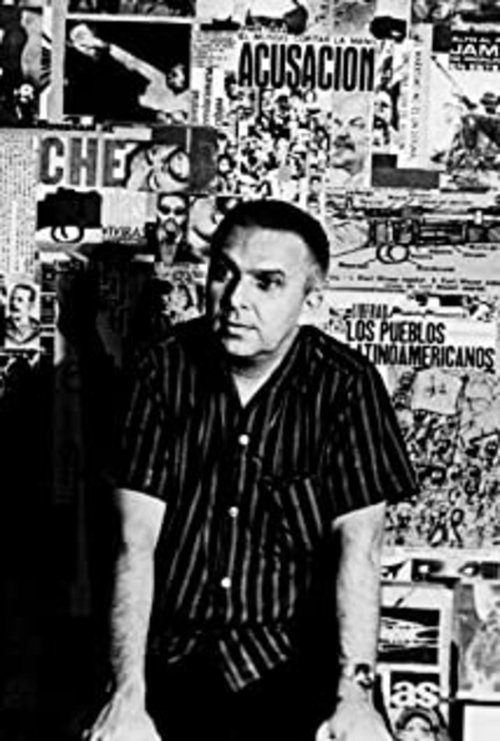
Riwayat Hidup
He studied in the United States but in the mid-1940s returned to Cuba, where he worked as a music archivist in a television station and participated in Communist Party activities.
[1] After the Cuban Revolution he became a founding member of the Cuban Film Institute (ICAIC) and directed its weekly Latin American Newsreel.
[2]
One of his most famous works, the short Now (1964) about racial discrimination in the US, mixed news photographs and musical clips featuring singer/actress Lena Horne.
Other well-known works included the anti-imperialist satire LBJ (1968) and 79 Springs (1969), a poetic tribute to Ho Chi Minh.
In 1968, he collaborated with Octavio Getino and Fernando E.
Solanas (members of Grupo Cine Liberación) on the four-hour documentary Hora de los hornos, about foreign imperialism in South America.
Among the other subjects he explored in his films were the musical and cultural scene in Latin America and the dictatorships which gripped the region.
The second chapter of French director Jean-Luc Godard's Histoire(s) du cinéma is dedicated to Álvarez, amongst others.
[3]
He died of Parkinson's disease in Havana on May 20, 1998 and was buried there in the Colon Cemetery.
Info Pribadi
Peran Yang Di Mainkan Santiago Álvarez
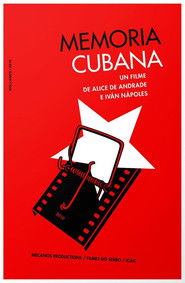 Through the files of Cuban cinema...
Through the files of Cuban cinema...Memória Cubana 2010
Through the files of Cuban cinema news program Noticieros ICAIC Latinoamericanos, the documentary shows the most relevant events of the second half of the 20th century as seen by the documentary filmmakers of the island. During three decades and under the general direction of Santiago Álvarez, these moviemakers witnessed almost everything: from the shivers of the Cold War to Bola de Nieve's piano solos; from the discovery of the killing fields in Cambodia to the Carnation Revolution in Portugal. In 2009, the original negatives of Noticieros ICAIC Latinoamericanos were declared part of the "world memory" by UNESCO.
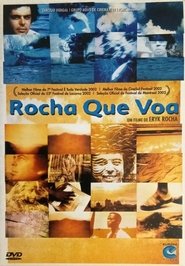 Documentary about the relationship between filmmaker...
Documentary about the relationship between filmmaker...Rocha Que Voa 2002
Documentary about the relationship between filmmaker Glauber Rocha and Cuba.
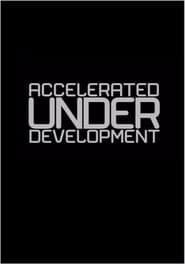 A portrait of the great radical...
A portrait of the great radical...Accelerated Under-Development: In the Idiom of Santiago Alvarez 1999
A portrait of the great radical Cuban film maker Santiago Alvarez.
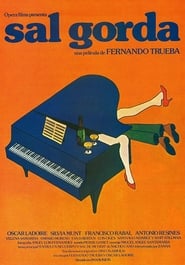 A famous composer creative in crisis...
A famous composer creative in crisis...Coarse Salt 1984
A famous composer creative in crisis and must compose a new album, but is going through a painful separation that prevents him from concentrating. In this situation, your manager will provide a time extension
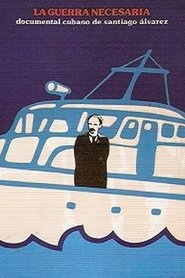 Alvarez longest documentary examination of the...
Alvarez longest documentary examination of the...The Necessary War 1980
Alvarez' longest documentary examination of the Cuban Revolution, this contains exceptional interviews with Fidel, Raúl, Almeida, Vilma, Haydee, Celia and Faustino Perez, among other key players in the Revolution.
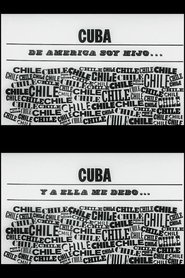 Recollections of Fidel Castros visit to...
Recollections of Fidel Castros visit to...I Am a Son of America 1972
Recollections of Fidel Castro's visit to Chile on November, 1971, and of the historical imperialist exploitation of Latin America.
 Documentary short about the death of...
Documentary short about the death of...¿Cómo, por qué y para qué se asesina un general? 1971
Documentary short about the death of Chilean general René Schneider by the CIA, following the election of Salvador Allende as president of the nation.
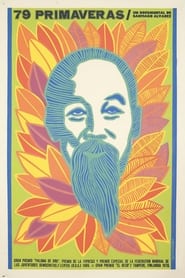 This film memorializes the leader of...
This film memorializes the leader of...79 Springs 1969
This film memorializes the leader of Vietnam, Ho Chi Minh, on the occasion of his death. It narrates the story of a life which is also the story of a nation-recounting his important accomplishments in the struggle against colonialism and imperialism.
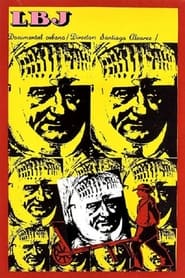 This is a montage of different...
This is a montage of different...LBJ 1968
This is a montage of different images from the JFK, Martin Luther King and Bobby Kennedy triumphs and assassinations, all three events being observed by Lyndon Johnson as the dark figure who is plotting the anti-black rights movement.
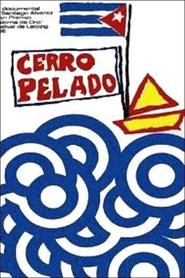 A ship of athletes training on...
A ship of athletes training on...Cerro Pelado 1966
A ship of athletes training on the rough seas becomes a symbol of Castro’s Cuba, the games projected on the backdrop of political struggle. This is the story of a ship and of a sports delegation whom the enemy tried to stop from participating in the Tenth Central American and Caribbean Games.
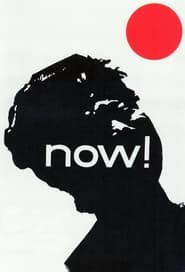 Using morgue photos newsreel footage and...
Using morgue photos newsreel footage and...Now! 1965
Using morgue photos, newsreel footage, and a recording by Lena Horne, Cuban filmmaker Santiago Alvarez fired off 'Now!', one of the most powerful bursts of propaganda rendered in the 1960s.
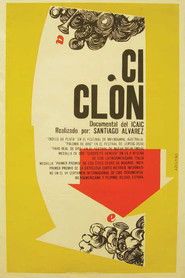 CICLN is a coverage of hurricane...
CICLN is a coverage of hurricane...Cyclone 1964
CICLÓN is a coverage of hurricane Flora's sweeping the Cuban provinces of Camagüey and Oriente in October 1963: the damage, the evacuation of the villages, and the aid to victims.
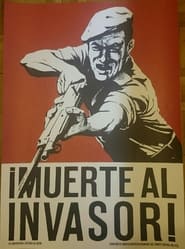 Short documentary about Cubas resistance to...
Short documentary about Cubas resistance to...Muerte al invasor 1962
Short documentary about Cuba's resistance to American invasion.

